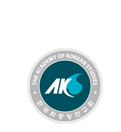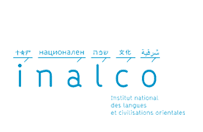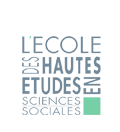![]()
Since 1992 the Korea Foundation has offered an annual fellowship program for field research on Korea related research.
In accordance with the guidelines listed below, the Foundation is currently accepting applications for its 2021 Field Research Fellowship program.
Program Outline
For the purpose of promoting overseas research in Korean studies, the Korea Foundation offers program support for the Fellowship for Field Research to provide eminent overseas Korean studies scholars and experts in relevant fields with the opportunity to conduct onsite field research in Korea and access relevant resource materials.
Number of Selected Fellows
Approximately 30 per year
Eligible Applicants
Overseas researchers who are conducting comparative or case studies in the field of Korean studies or in Korea-related areas in the fields of humanities or social sciences, or are focusing on research topics that are closely related to Korea and recognized as important new areas of study, and fall under one of the following criteria: Type A or B.
Program Schedule
Application Period:July 1, 2020 (Wednesday) 12:00 p.m. – August 31, 2020 (Monday) 18:00 p.m. (Korea Standard Time)Program Schedule
Please note: As obtaining reference letters takes time and system errors may occur at the end of the application period due to traffic overload, please submit your application as soon as possible.
- Notification of Results:December 2020
- Fellowship Period:The field research should take place between January 1 and December 31, 2021.
Duration: 1 month (minimum) to 12 months (maximum)
Please note: The start date of the fellowship period should be no later than November 30, 2021.







